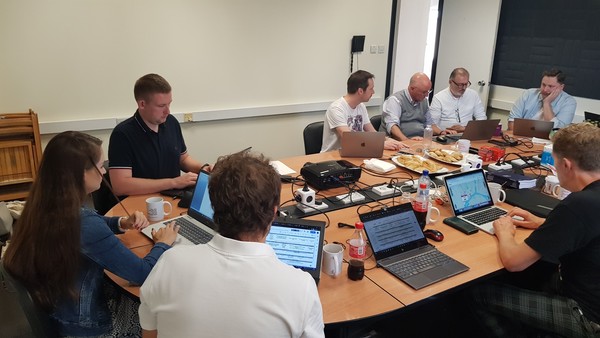Representatives of the UP Faculty of Science together with colleagues from the University of Utrecht, the Norwegian University of Science and Technology Trondheim, and the University of Malta have planned a field trip to Malta to focus on urban heat islands and environmental education. The trip is part of the international project “EduChange 2.0 – Promoting active citizenship through innovative geoparticipatory methods to tackle wicked-environmental problems” and will take place from 19–26 February 2023.
“The aim of the project is to find attractive, interactive ways of learning about climate change that are not based on standard teaching. We want teachers and students to work together to find new approaches to the impacts of climate change. For students focused on environmental education, geography, and geoinformatics, we have launched a call for applications, which is open until December 5. It is a paid field trip within the Erasmus+ programme with the possibility of a personal project," said Jiří Pánek from the Department of Development and Environmental Studies.
The Department of Development and Environmental Studies, the Department of Geography and the Department of Geoinformatics of the Faculty of Science, Palacký University, are involved in the project.
